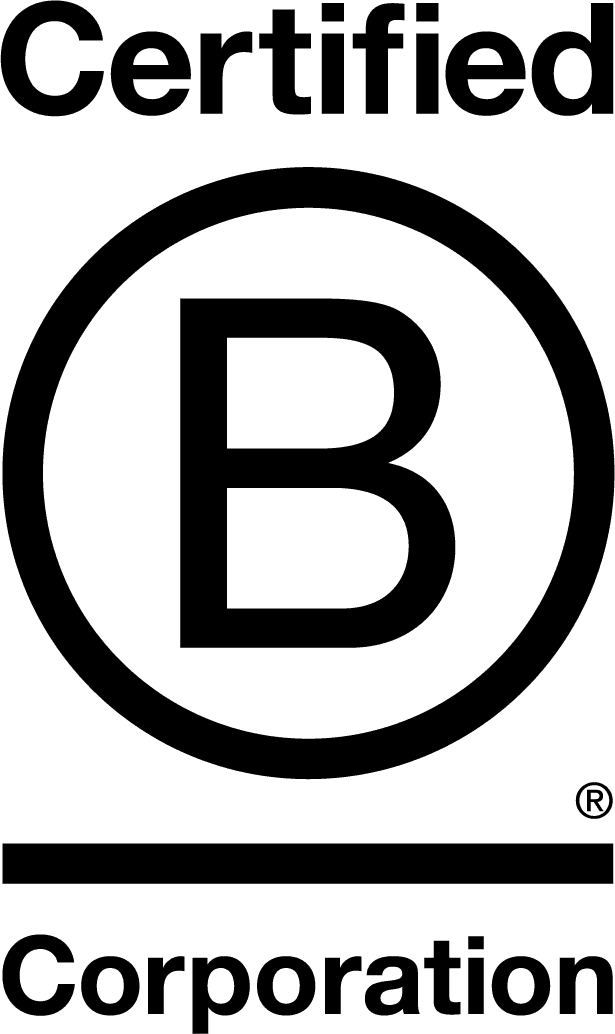

Say Hueque

September 2023
Travel agency & related
Service with Minor Environmental Footprint
Argentina
Somos una compañía de viajes establecida en Argentina que crea experiencias de viaje sustentables e inmersivas, enfocadas en conectar a los viajeros con la naturaleza y nuestras comunidades locales. Creemos que viajar es una fuerza para hacer el bien: es por eso que somos carbono negativo. Esto significa que compensamos el 100% de las emisiones de carbono producidas por cada viaje, y además plantamos un árbol por cada viajero. Compensar las emisiones de carbono, operar viajes libres de plásticos descartables, compostar nuestros residuos, reducir el uso del papel en nuestras operaciones, respetar la bio diversidad y riqueza cultural, y comprometernos con las comunidades locales es nuestra manera de crear una forma más responsable y significativa de explorar Argentina y Chile. Además, en SAY HUEQUE hacemos aportes a la sociedad en materia de educación y trabajo; nuestro modelo de gestión promueve el respeto por el medio ambiente, la comunidad y las personas, generando acciones y compromisos permanentes de mejora con nuestros equipos de trabajo.
Overall B Impact Score
Governance 17.8
Governance evaluates a company's overall mission, engagement around its social/environmental impact, ethics, and transparency. This section also evaluates the ability of a company to protect their mission and formally consider stakeholders in decision making through their corporate structure (e.g. benefit corporation) or corporate governing documents.
What is this? A company with an Impact Business Model is intentionally designed to create a specific positive outcome for one of its stakeholders - such as workers, community, environment, or customers.
Workers 27.3
Workers evaluates a company’s contributions to its employees’ financial security, health & safety, wellness, career development, and engagement & satisfaction. In addition, this section recognizes business models designed to benefit workers, such as companies that are at least 40% owned by non-executive employees and those that have workforce development programs to support individuals with barriers to employment.
Community 25.1
Community evaluates a company’s engagement with and impact on the communities in which it operates, hires from, and sources from. Topics include diversity, equity & inclusion, economic impact, civic engagement, charitable giving, and supply chain management. In addition, this section recognizes business models that are designed to address specific community-oriented problems, such as poverty alleviation through fair trade sourcing or distribution via microenterprises, producer cooperative models, locally focused economic development, and formal charitable giving commitments.
Environment 7.6
Environment evaluates a company’s overall environmental management practices as well as its impact on the air, climate, water, land, and biodiversity. This includes the direct impact of a company’s operations and, when applicable its supply chain and distribution channels. This section also recognizes companies with environmentally innovative production processes and those that sell products or services that have a positive environmental impact. Some examples might include products and services that create renewable energy, reduce consumption or waste, conserve land or wildlife, provide less toxic alternatives to the market, or educate people about environmental problems.
Customers 2.4
Customers evaluates a company’s stewardship of its customers through the quality of its products and services, ethical marketing, data privacy and security, and feedback channels. In addition, this section recognizes products or services that are designed to address a particular social problem for or through its customers, such as health or educational products, arts & media products, serving underserved customers/clients, and services that improve the social impact of other businesses or organizations.